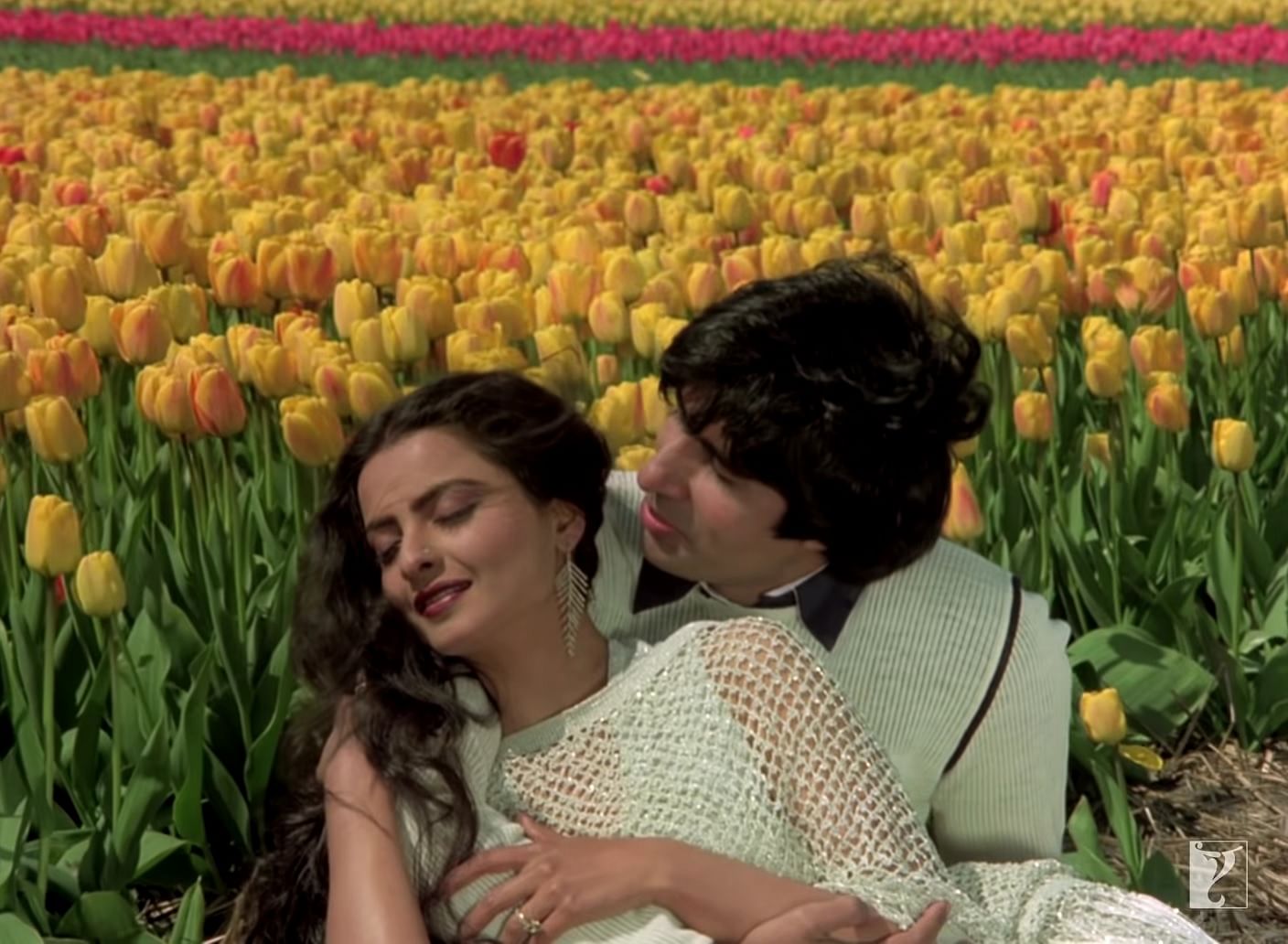
There is something endearing, if not lyrical, in the name Sagar Sarhadi. The writer's work is enriched by its lyricism, particularly in his strong women characters, right from Rakhee Gulzar in one of his earlier works 'Doosra Aadmi' (1977) to Amruta Subhash in his last film 'Chausar'.
Sarhadi, who died last week aged 88, was the heart and soul of romantic dramas like Yash Chopra’s 'Kabhi Kabhie' (1976) and 'Silsila' (1981).
However, Sarhadi remained unsung throughout his career, except for some sporadic news flashes. For hardcore fans, Sarhadi did not get his due, both commercially and critically.
The enfant terrible among Urdu playwrights, Sarhadi did not reach the heights of his seniors like Kaifi Azmi and K A Abbas. Neither did he become as popular as Gulzar, who was his senior in Khalsa College in Bombay (now Mumbai).
But to many, he was a firebrand playwright and a forthright filmmaker, also known for his abrasive and, at times, abusive behaviour. I got a taste of the last-mentioned infamous qualities during a short interview in the late 80s.
We sat in his spacious but sparsely furnished apartment (in Juhu). I barely got in a sentence sideways as Sarhadi was in a buoyant mood, spewing vitriol, in between sipping 'kadak masala chai', on anything and everything, right from his days as an immigrant from Pakistan to those days of mechanical and monotonic filmmaking in Bollywood.
Sarhadi’s strong Marxist leanings, his knowledge of Freud, his command over Urdu, his passion for writing and penchant for film making, and, above all, his inherent angst were apparent.
In his career, 'Kabhi Kabhie' takes the pride of place for his insightful writing style interspersed with musically sounding words and phrases. 'Silsila' (1981), as the popular opinion goes, was way ahead of its times while 'Bazaar' (1982) was his labour of love and life-defining work.
A newspaper clipping of a minor girl being married off to an older but wealthy man in Hyderabad rudely woke the conscientious writer in Sarhadi. It forced him to take an uncompromising look at the ugly underbelly of the so-called ‘institution of marriage', the growing sense of materialism among the youth and the increasing pressure of tradition on the modern generation.
'Bazaar' transformed Sarhadi from what many thought as an incorrigible writer of romantic musicals into an almost incurable avant-garde film director. For many filmgoers of the late 70s and early 80s, if Amitabh Bachchan was the angry young man on the screen, Sarhadi was his equivalent behind it.
'Bazaar' deservingly won critical acclaim but its commercial success forced Sarhadi to return to the beaten track of romance and relationship.
He continued to excel in exploring the complex lives of women and their even more complex relationships in films like 'Lorie' (1984), 'Faasle' (1985), 'Rang' (1993) and the blockbuster 'Chandini', to name a few.
Sarhadi’s women characters are exceptionally strong and outspoken, right from Rakhee Gulzar as Nisha in 'Doosra Aadmi' (1977) to Amruta Subhash as Jashoda in Chausar.
In the twilight of his career, he wrote dialogues for Hrithik Roshan’s debut 'Kaho Naa Pyaar Hai' (2000).
(The writer is a Bengaluru-based senior journalist).